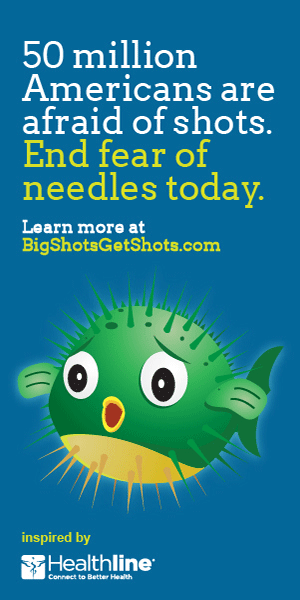How to Handle Common Medical Emergencies at Home
Life is unpredictable, and sometimes it throws curveballs when we least expect them. Knowing how to handle common medical emergencies that occur at home can mean the difference between life and death. While expert medical professionals, like those from EMT and advanced EMT jobs in Warren, are best suited for emergencies, immediate action can minimize harm and improve outcomes while waiting for help to arrive.
The Importance of Quick Response
A swift response is critical in medical emergencies. Time is of the essence, and understanding the condition can help you manage the situation more effectively. In cases of severe bleeding or cardiac arrest, for example, every second counts. Familiarizing yourself with basic first aid and CPR can be invaluable. Remember to remain calm, as panicking can exacerbate the situation and make it more challenging to provide effective assistance.
Assessing the Situation
Before jumping into action, take a moment to assess the situation. Check the surroundings and ensure it is safe for both you and the victim. Once you have determined the environment is safe, approach the person in need. Consider the severity of the situation and think about what immediate actions might help. Are they bleeding heavily? Are they conscious and breathing? These observations will guide your next steps.
Treating Cuts and Bruises
Minor Cuts and Scrapes
Minor cuts and scrapes are common in most households. To treat these, start by washing your hands to prevent infection. Clean the wound under running water and gently remove any dirt or debris. Apply an antibacterial ointment and cover the area with a clean bandage. Keep an eye on the wound for signs of infection, such as redness or pus.
Handling Severe Bleeding
In cases of severe bleeding, immediate action is needed. Apply direct pressure to the wound with a clean cloth to slow the bleeding. If possible, have the person lie down and elevate the injured area above the heart to reduce blood flow. Do not remove the cloth if it becomes soaked. Instead, add additional layers of cloth and maintain pressure until professionals arrive.
Dealing with Burns
First-Degree Burns
First-degree burns are the mildest form and can often be treated at home. Cool the burn under lukewarm running water for several minutes. Avoid ice, as it can cause further damage to the tissue. Apply burn ointment or aloe vera, and keep the burn covered with a sterile bandage to protect it from infection.
Second- and Third-Degree Burns
These more severe burns require professional medical treatment. Start by cooling the burn with lukewarm water, cover it with a loose, sterile cloth, and avoid bursting any blisters. Seek emergency medical help immediately.
Recognizing and Managing Breathing Difficulties
Breathing difficulties can be frightening but recognizing the problem is half the battle. Asthma attacks, choking, and allergic reactions are common causes. For asthma, help the person sit up and use their prescribed inhaler. If they are not breathing, check their airways for obstruction and perform CPR if necessary.
In the case of an allergic reaction leading to anaphylaxis, use an epinephrine auto-injector if available and seek immediate medical assistance. Knowledge of the local emergency responders, like the skilled professionals working at Physicians Ambulance in Grove City, can be incredibly advantageous.
Handling Cardiac Emergencies
Heart attacks and sudden cardiac arrests are among the most critical emergencies. Be familiar with the common symptoms such as chest pain, shortness of breath, and dizziness. Promptly call for emergency medical services and, if trained, start CPR. Early use of an automated external defibrillator (AED) can also be lifesaving if available.
Responding to Strokes
A stroke is a medical emergency, and swift action is required. Recognize the signs using the FAST acronym: Face drooping, Arm weakness, Speech difficulties, and Time to call 911. While waiting for emergency help, keep the person comfortable and monitor their condition closely.
Knowing When to Call for Professional Help
Knowing when to call for help is as important as knowing what to do in an emergency. If the situation is beyond basic first aid, or if the individual’s condition continues to deteriorate despite your interventions, it’s vital to seek professional medical assistance. Emergency responders, like those found in emt jobs Grovecity Ohio, are equipped to handle situations that require advanced medical intervention.
Building Your First Aid Kit
Being prepared with a well-stocked first aid kit can make all the difference in an emergency. Essential items include adhesive bandages, sterile gauze pads, antiseptic wipes, a digital thermometer, tweezers, scissors, a CPR face shield, and any regular medications. Regularly check your kit to ensure items are not expired and replace them as needed.
Final Thoughts on Preparedness
Understanding how to respond to medical emergencies at home is crucial for every household. While professional medical help will always be necessary for serious issues, knowing the initial steps to take can make a significant impact. Remember, preparation and prompt action are key. Whether it’s Physicians Ambulance in Grove City or any other emergency medical service, having professionals a call away is always comforting. Empower yourself and your family with the knowledge to act decisively and effectively in those critical moments.
